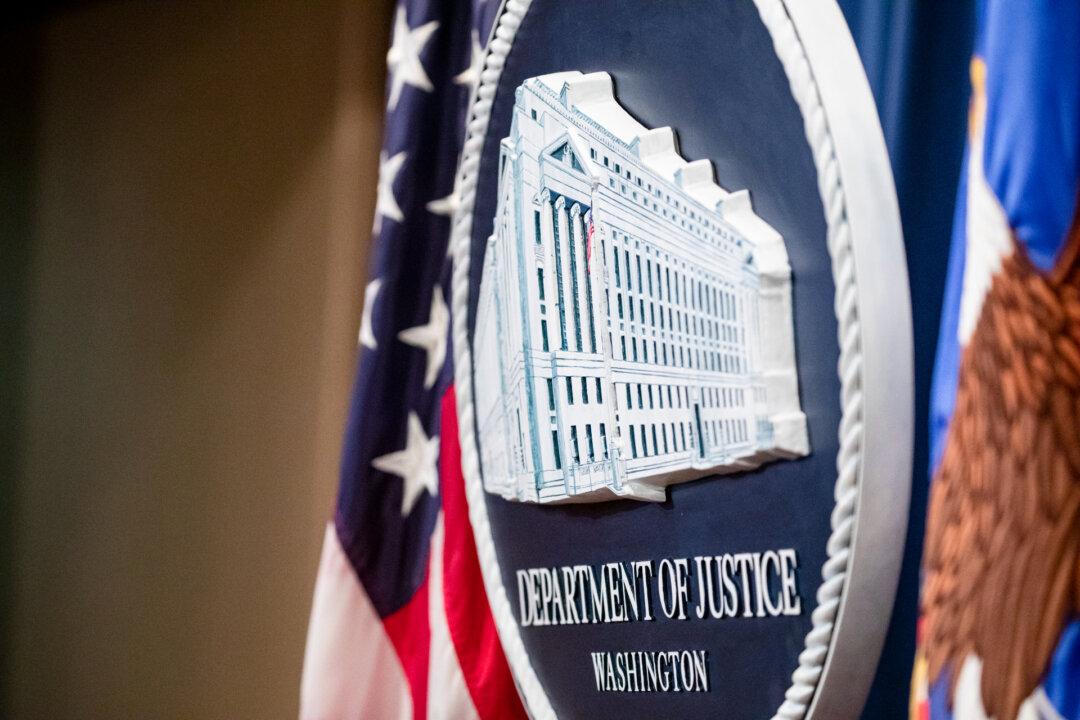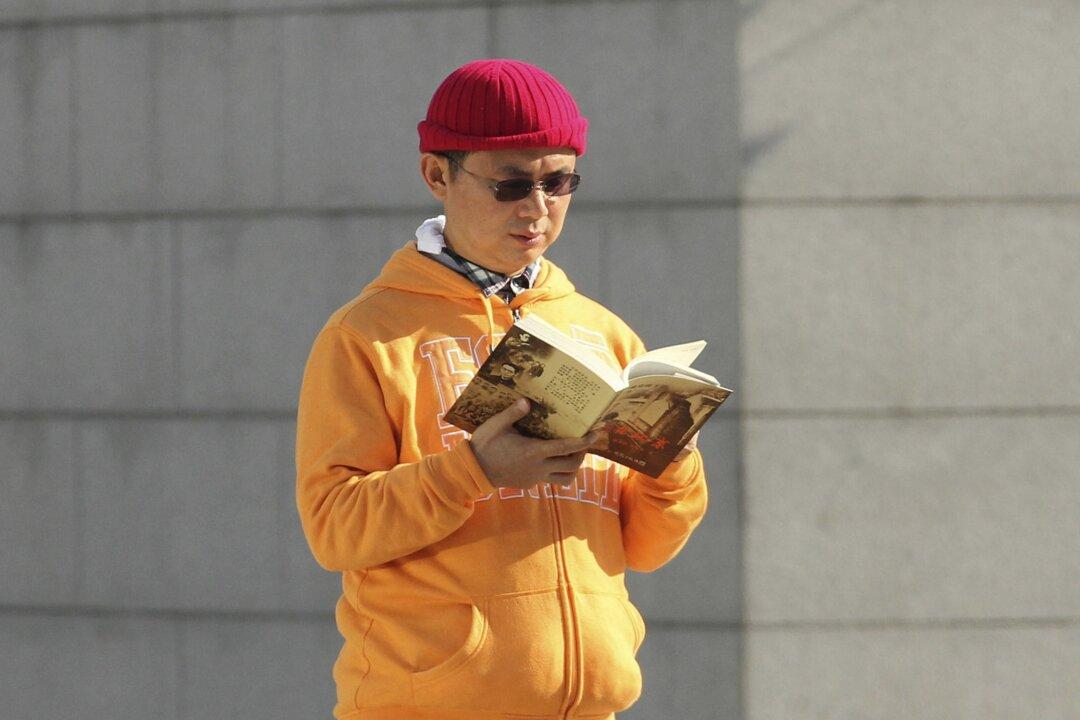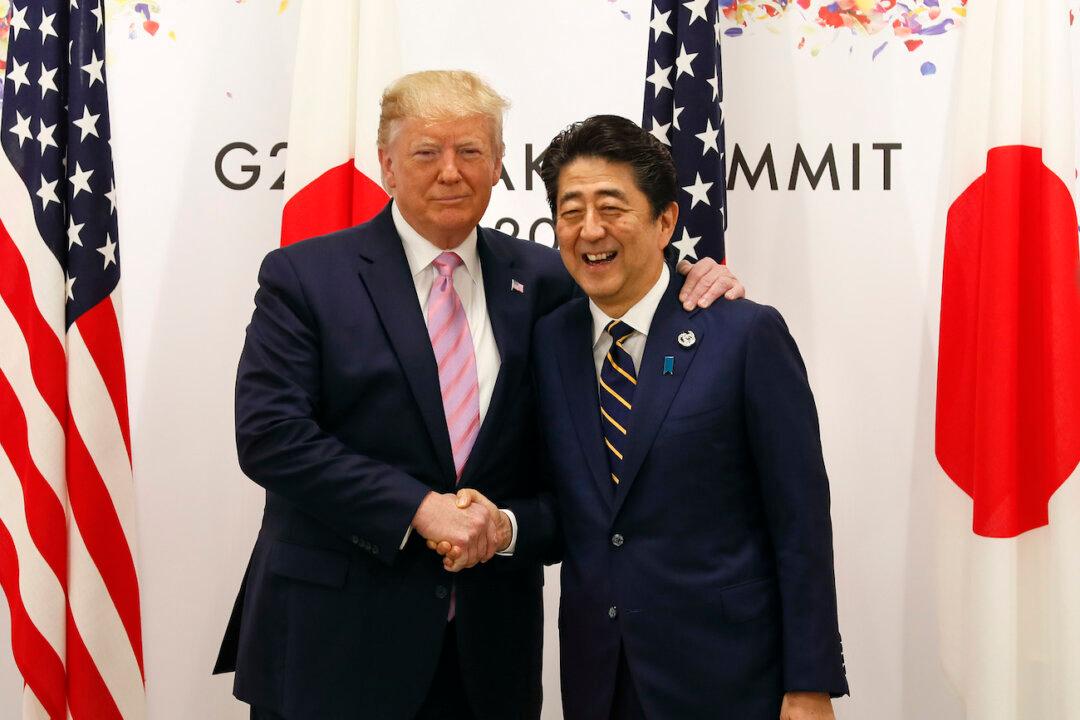Hong Kong police have arrested seven Hong Kong independence activists over Beijing’s national security law, with five of them arrested while attempting to claim asylum at the U.S. Consulate.
Four unidentified individuals were arrested by police on Tuesday afternoon shortly after leaving the U.S. Consulate where they were said to have sought to apply for political asylum, according to the South China Morning Post.





